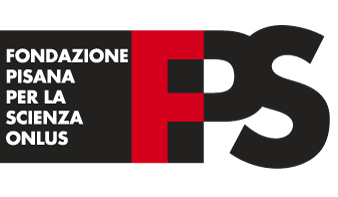Cardiovascular system
According to the WHO, the burden of cardiovascular disorders is enormous, currently accounting for ~30% of deaths worldwide. Remarkable progress made over the last 20 years has revealed that cardiovascular disease is polygenic and multifactorial, and has pinpointed a number of genetic loci as associated with disease development. However, this has not translated into the development of diagnostic or prognostic markers, or the development novel drugs. Indeed, therapy is still largely based on a set of drugs the last of which (angiotensin II receptor blockers) were developed in the mid-90’s. A large number of potentially new drugs have failed in phase III clinical trials.
A leading pathogenic mechanism underlying post-myocardial infarction heart failure relates to the incapacity of the adult heart to generate a significant number of new cardiomyocytes and thus to heal the damage wrought by the infarct. Thus, innovative therapies able to stimulate cardiac regeneration as a means to counteract heart failure are desperately sought.
The FPS Cardiovascular Programs aims at developing innovative investigational approaches and promoting solutions that might eventually lead to substantial advance in the clinical management of patients with cardiovascular disease. This includes further elucidation of the genetic basis of cardiovascular diseases, as well as developing suitable model systems (animal and stem-cell based) so that innovative therapies can be developed and assayed against patient-derived multi-cellular models. In particular, the FPS is interested in pursuing projects aiming at (i) generating iPS cell banks from patients with specific conditions of cardiovascular interest, (ii) using these cells to tailor individual medical therapy or to understand the role of specific genetic variants on disease development. Such projects might entail the possibility to genetically modify iPS cells using gene-editing technologies, with the purpose to generate in vitro phenocopies of the patients’ own cells to model disease and develop therapies.
